Tag: credit
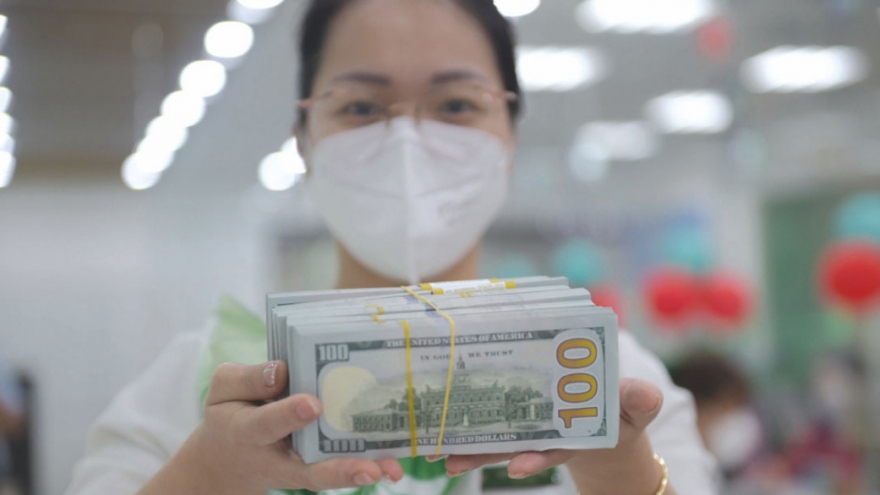
Foreign ownership at some local banks may rise to 49%
The State Bank of Vietnam (SBV) has proposed increasing the foreign ownership cap at some commercial banks from 30% to 49%.

Vietnamese banks remain attractive to foreign investors
Foreign investors’ continuous investment in Vietnam has shown their optimistic about the country’s economic outlook, despite the difficult situation of the global banking sector.
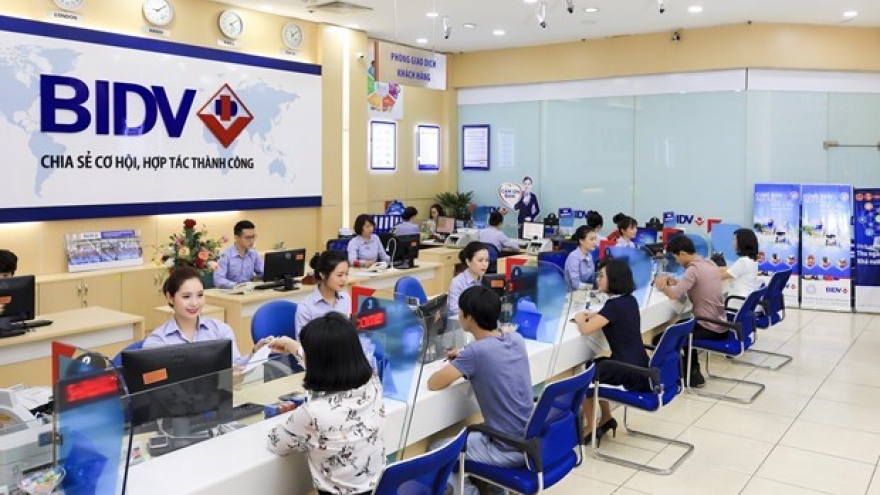
Inadequate regulations hinder green credit growth
Green credit growth in Vietnam has remained limited due to the lack of a clear legal framework, according to industry insiders.
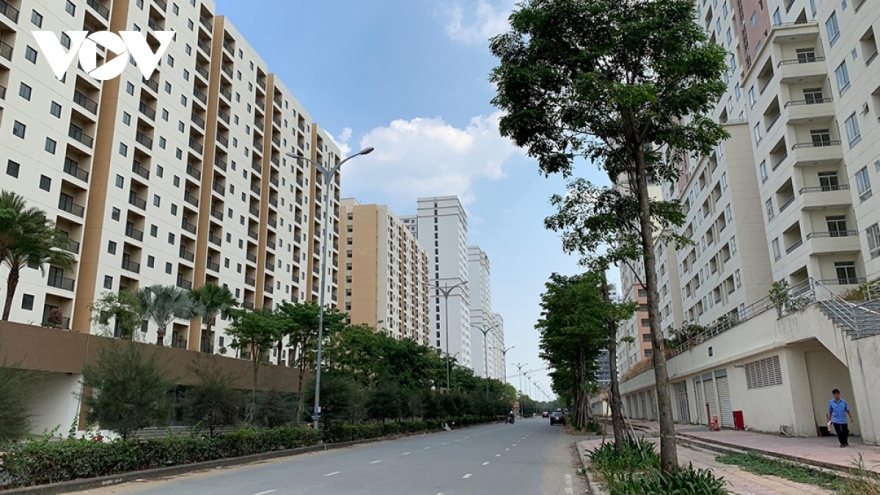
PM requests ironing out snags in real estate market
VOV.VN - Prime Minister Pham Minh Chinh has signed a document requesting that relevant ministries, agencies, and localities remove obstacles to the real estate market which has been in limbo for months.
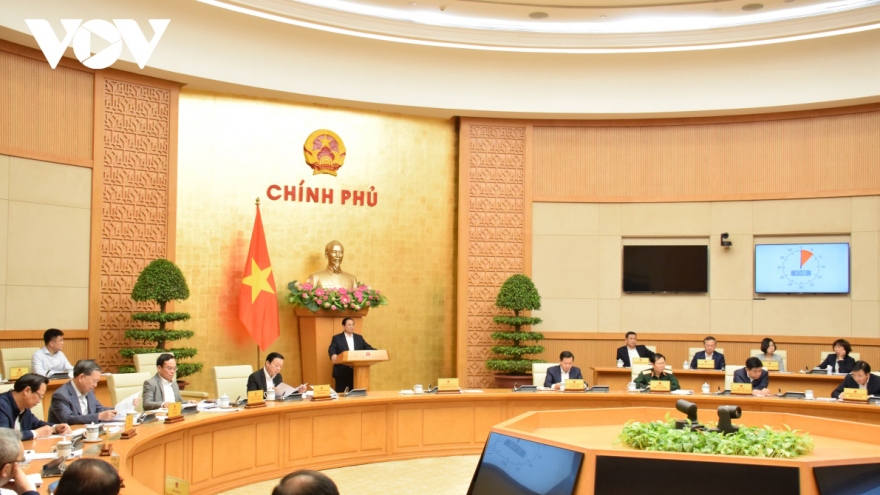
PM Chinh chairs cabinet monthly law-making session
VOV.VN -Prime Minister Pham Minh Chinh underlined the importance of creating an open legal corridor in line with the country's conditions and circumstances, while chairing the Government’s monthly law-making session on March 27 in Hanoi.

Credit Suisse escapes ‘Lehman moment’, Vietnam unaffected
Vietnam’s economy is well supported by its policy, but headwinds in the world’s financial market, with risks from the European and American financial systems, have caused concern.
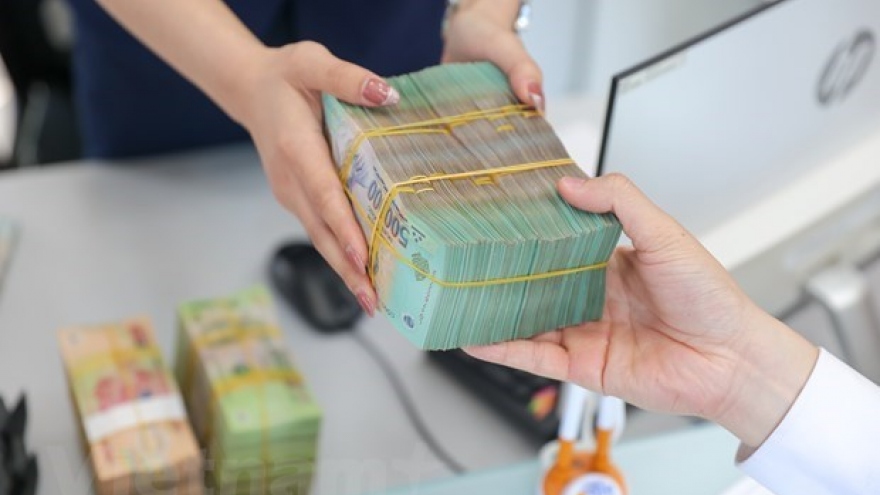
Credit growth slowing down, raising fear of business contraction
Credit growth in the first months of this year slowed significantly due to high interest rates and firms’ poor health, raising concerns about rising bad debts.

Global Minimum Tax a head-scratcher for Vietnamese policymakers
As many countries plan to adopt the Global Minimum Tax Rate (GMTR) in 2024, experts are concerned that the entry into force of the rate would discourage foreign companies from locating their operations in low-tax countries.

Affordable home buyers to get loans with lower rates
Affordable home buyers can access preferential loans at rates 1.5-2% lower than the market average as part of a credit package worth around VND120 trillion (US$5.02 billion).
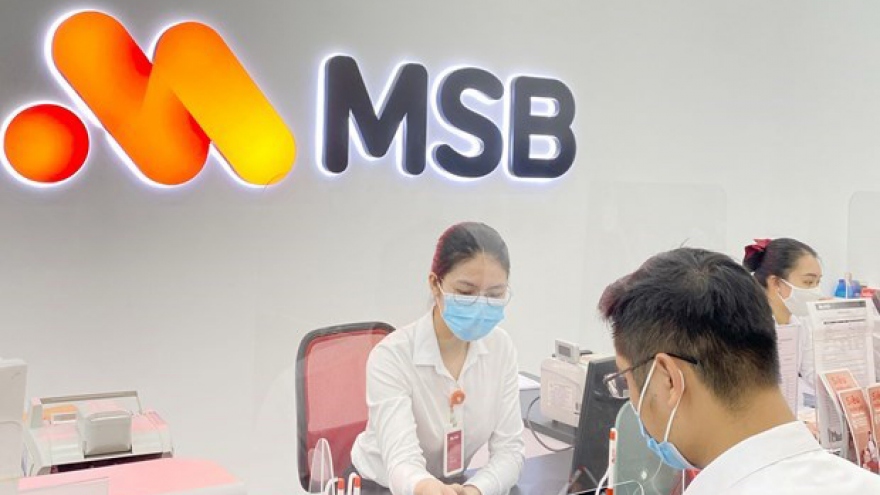
Central bank grants first credit growth quota for banks in 2023
The State Bank of Vietnam (SBV) has recently granted the first credit growth quotas in 2023 to a number of banks, with a majority of them receiving lower rates than last year.
